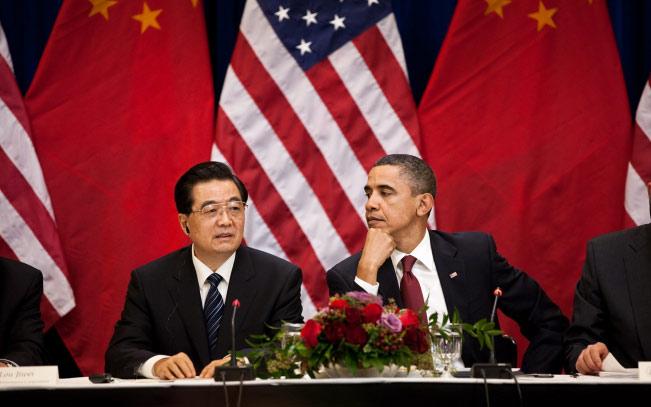Over the past few months there’s been much talk about the “pivot” or “shift” to Asia. However, this is less a real change than a reminder of the United States’ continual interest in this important part of the world.
The US has been a power-player in the Pacific since the years leading up to World War II and of course its aftermath. However, US interest, and actions, in that area go much further back than the 1930s.
Indeed, they go back to 1853 when the Perry Expedition opened up Japan to trade. Since that time, the US has had a presence in Asia through trade, politics, and, of course, the military. The US has long-standing relationships with multiple nations in the Pacific and, whatever the fleeting issues of the moment, has maintained a strong, permanent interest in the region.
Perhaps, instead of “pivoting” towards the Pacific, an appropriate term might be a “rebalancing.”
Despite the fact that a decade of war has rightly taken up most of the public messaging, we’ve never lost our interest or our presence. Moreover, a nation can’t pivot towards any one region. Shift forces and resources? Yes. But pivot? No. There is simply too much opportunity lost if the nation focuses on just one area at the expense of others.
And this rebalance, or more public focus, should not be about the military – at least not solely. While the end of the wars and eventual exit from Afghanistan do free up military resources, focusing on an area is not about military might. When the only thing publicized in how much more military power is now available, that can lead to some hostile feelings when none are intended. No, the new focus is not about growing forces in the Pacific.
This rebalancing should be looked at not as a shift, but simply a more public concentration on longstanding trade and political partners. That is where our focus lies and that is the basis of our interest.
The US has been a stabilizer in the region for many years, helping to balance the interests of many nations while seeking common ground. A happy, healthy, vibrant Pacific is good not just for the United States and the Pacific nations but for nations and peoples all across the world.
Yes, the military does have a continual role to play. Threats in Asia are still very real – North Korea, trade and natural resource disputes, possession of various territories and more. A strong, solid military presence is vital. Even more important are our alliances and partnerships who help ensure the Pacific remains a vibrant, sound community of nations.
The US must remain strong in the Pacific for these reasons. However, it’s not a pivot to something new. It’s a reinforcement of long-standing interests and partnerships.
Lieutenant Colonel Aaron Burgstein is the Air Force fellow at the Atlantic Council’s Brent Scowcroft Center on International Security. The conclusions and opinions expressed in this document are those of the author. They do not reflect the official position of the US government, Department of Defense, or the United States Air Force.
Image: global%20times%207%2019%2012%20hu_obama.jpg
